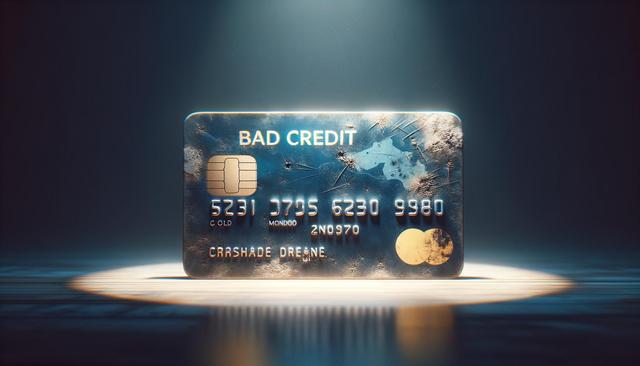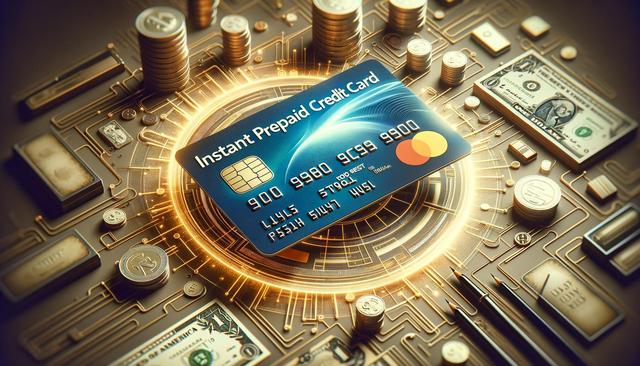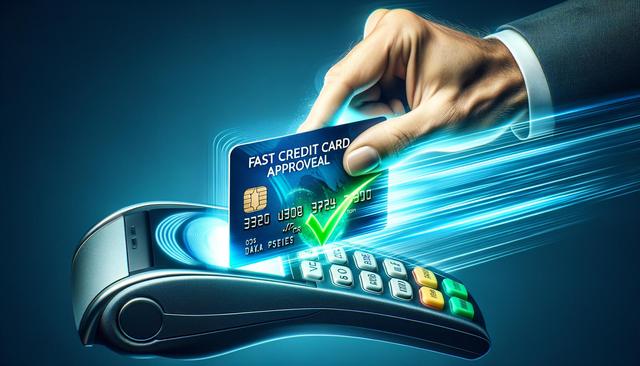Understanding the Impact of Bad Credit
A bad credit score can make financial opportunities more difficult to access, especially when applying for a credit card. Credit scores are usually categorized into ranges, and individuals with scores below 580 are typically considered to have poor credit. Lenders view these applicants as higher risk, which may result in fewer card offers, higher interest rates, or lower credit limits. However, it’s important to note that having bad credit is not a permanent state. With the right approach, it’s possible to find credit card options that can help rebuild your financial standing.
Understanding the impact of your credit score is the first step. Credit scores are influenced by several factors, including:
- Payment history
- Credit utilization ratio
- Length of credit history
- Types of credit used
- Recent credit inquiries
Knowing which areas need the most improvement can help you choose the right credit card and use it effectively to improve your credit over time.
Types of Credit Cards for Bad Credit
Even with a low credit score, there are specific types of credit cards designed to help individuals rebuild their credit. These cards often come with different features and requirements compared to traditional credit cards. Understanding your options will help you make an informed decision.
Here are the main types of credit cards suitable for people with bad credit:
- Secured credit cards: These require a refundable security deposit, which typically serves as your credit limit. They’re widely accessible and report to major credit bureaus.
- Unsecured credit cards for bad credit: These do not require a deposit but may have higher fees and interest rates.
- Store credit cards: Often easier to qualify for, though they can only be used at specific retailers.
- Credit-builder cards: Specifically designed to help users improve their credit score with responsible use.
Each of these card types has its own pros and cons, so it’s important to compare options and choose one that aligns with your financial goals and ability to manage payments responsibly.
What to Look for When Choosing a Card
When applying for a credit card with bad credit, it’s essential to evaluate the card’s features, terms, and potential benefits. Not all cards are created equal, and some may come with hidden fees or unfavorable terms that could hinder rather than help your credit rebuilding efforts.
Key factors to consider include:
- Annual fees: Some cards charge high annual fees that may outweigh the benefits.
- APR (Annual Percentage Rate): Higher interest rates are common, so paying off the balance in full each month can help avoid extra charges.
- Reporting to credit bureaus: Ensure the card reports to all three major credit bureaus, which is crucial for your credit-building efforts.
- Deposit requirements: For secured cards, understand how much you need to deposit and whether it’s refundable.
- Upgrade potential: Some cards offer a path to transition to an unsecured card after demonstrating responsible use.
By carefully reviewing the terms and comparing different cards, you can select one that offers a realistic path to financial improvement.
Using Your Credit Card Responsibly
Getting approved for a credit card with a bad credit score is just the first step. The real progress comes from how you use that card. Responsible usage can help improve your credit score over time, while mismanaging the account could make things worse.
Here are some important tips to follow:
- Make at least the minimum payment by the due date each month.
- Keep your balance low relative to your credit limit—ideally below 30%.
- Avoid carrying a balance whenever possible to minimize interest charges.
- Set up payment reminders or automatic payments to avoid missed deadlines.
- Use the card regularly, but only for purchases you can afford to pay off quickly.
Consistent use and timely payments will gradually demonstrate to lenders that you are a reliable borrower, which can lead to higher credit limits and access to better financial products in the future.
Alternatives to Credit Cards for Building Credit
While credit cards are a common tool for rebuilding credit, they are not the only option. Depending on your financial situation, other methods may be more appropriate or can be used alongside a credit card to improve your credit profile more quickly.
Consider the following alternatives:
- Credit-builder loans: These are small loans where the money is held in a secured account and released only after you’ve repaid the loan.
- Authorized user status: Being added to a responsible person’s credit card account can help boost your score through their positive payment history.
- Rent reporting services: Some services allow you to report your rent payments to the credit bureaus, which can positively impact your score.
- Personal loans: If used wisely, a small personal loan can diversify your credit mix and improve your score over time.
These alternatives can provide additional opportunities to demonstrate financial responsibility and improve your credit without relying solely on a credit card.
Conclusion: Moving Forward with Confidence
Applying for a credit card with bad credit can feel daunting, but it’s a practical step toward rebuilding your financial reputation. By choosing the right type of card, understanding the terms, and using it responsibly, you can gradually improve your credit score. Remember to also explore alternative credit-building methods that complement your efforts. With patience, consistency, and a focus on long-term financial habits, it’s entirely possible to turn your credit around and open doors to better financial opportunities in the future.


